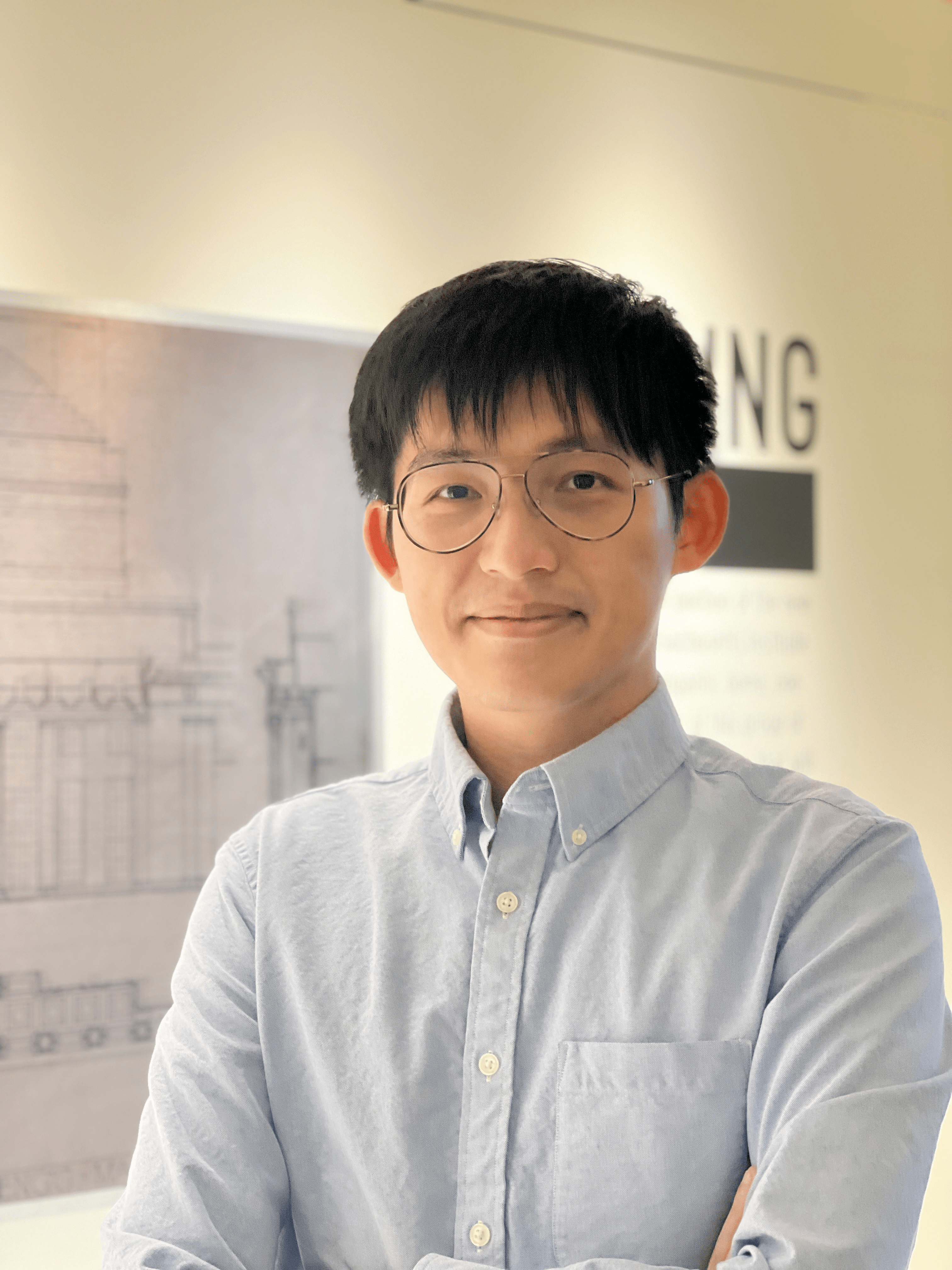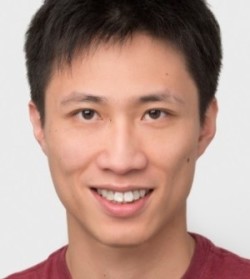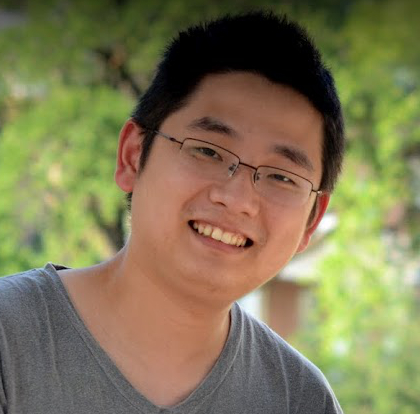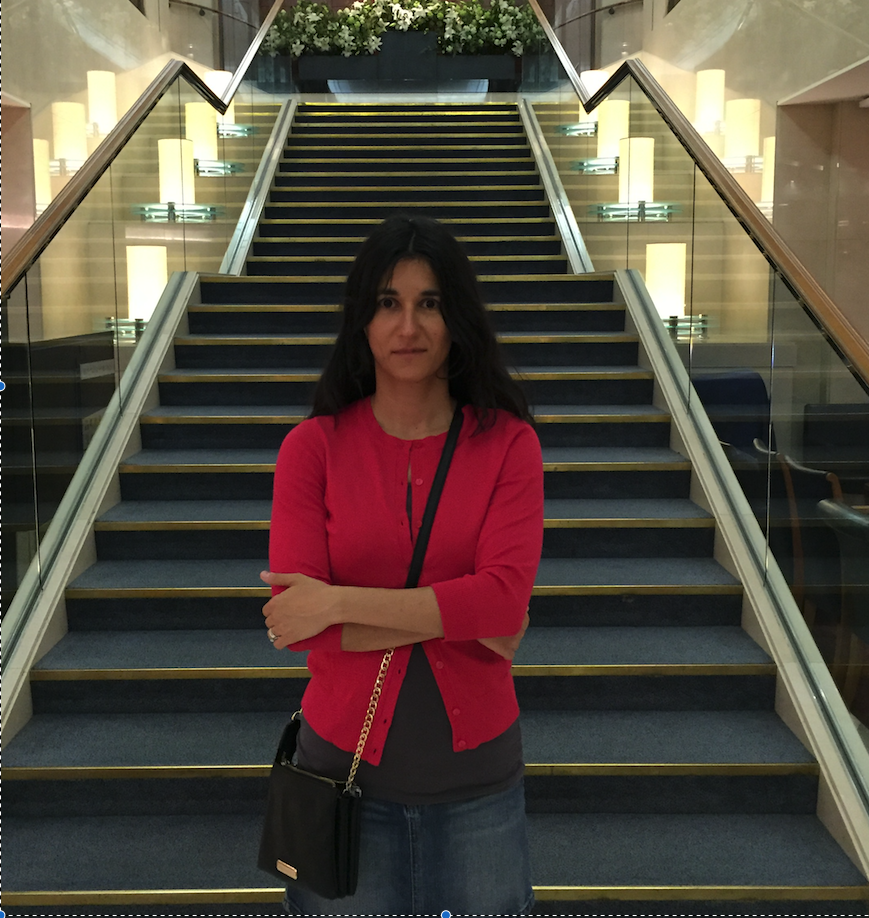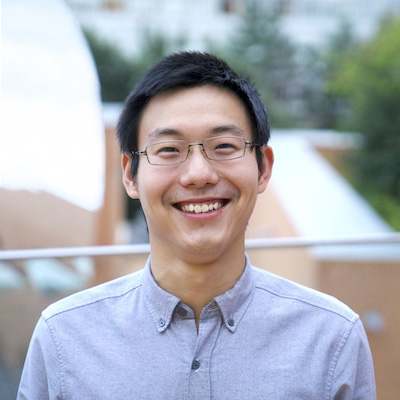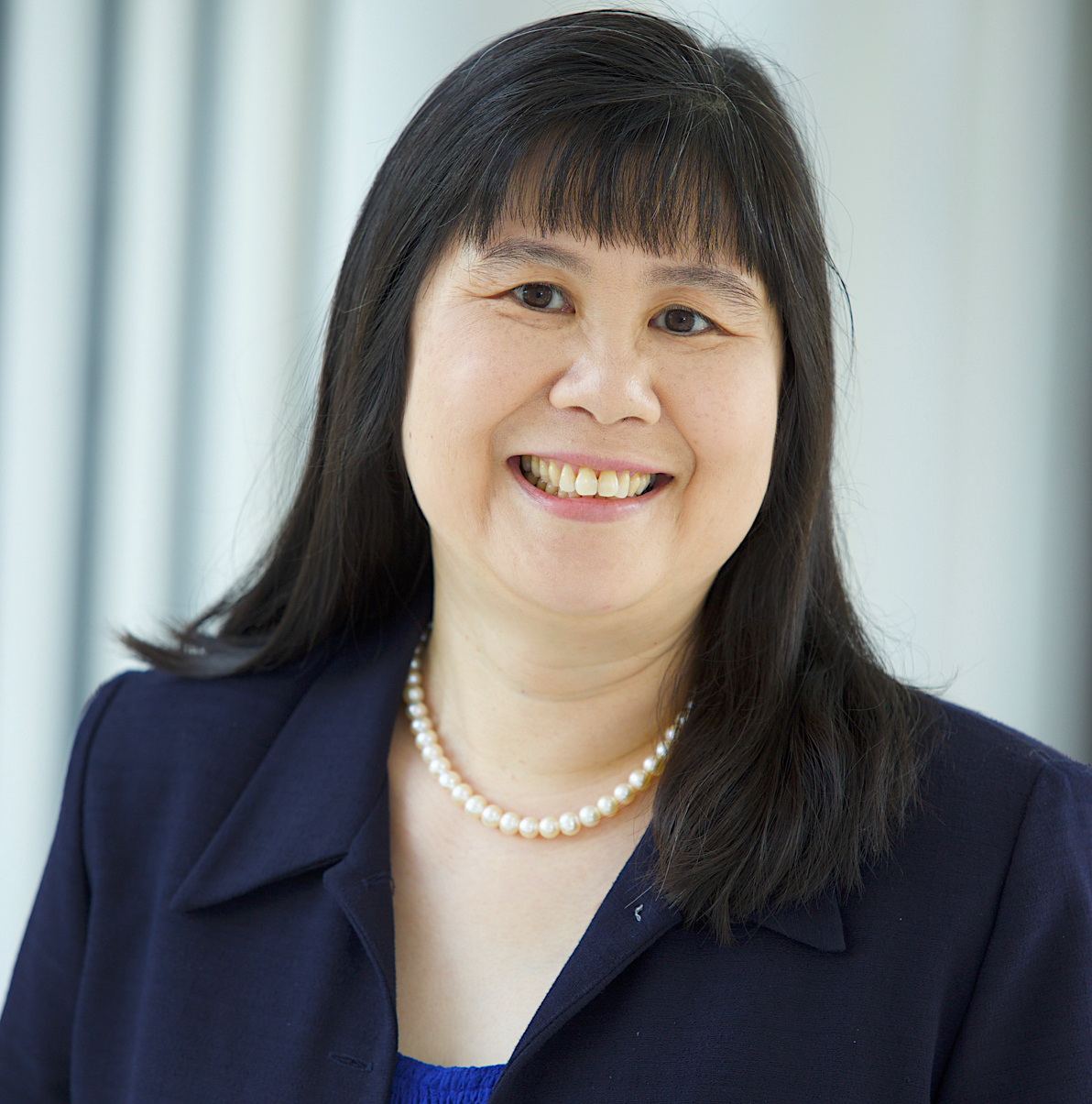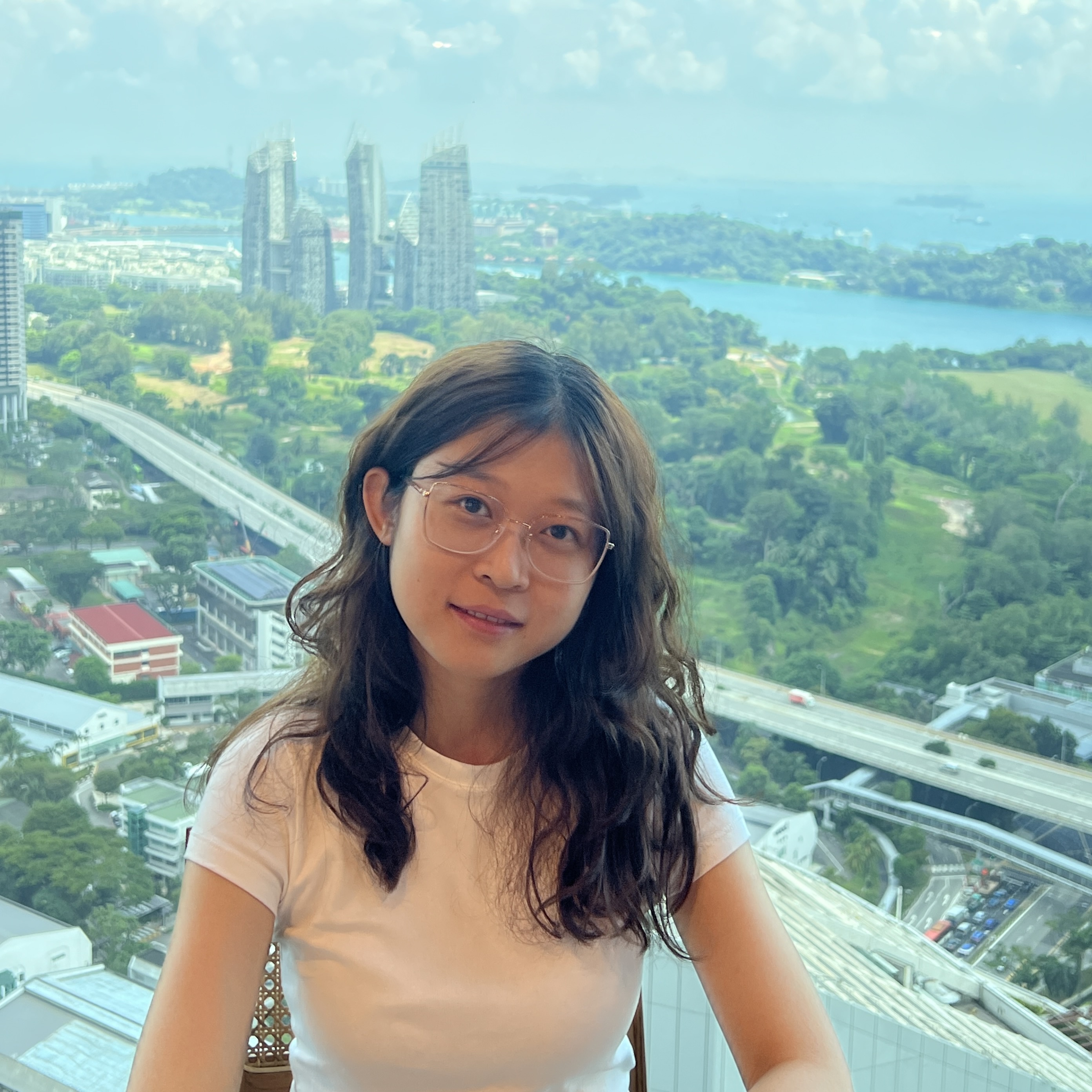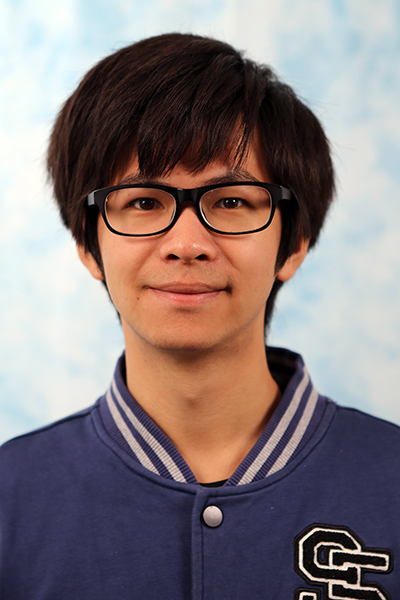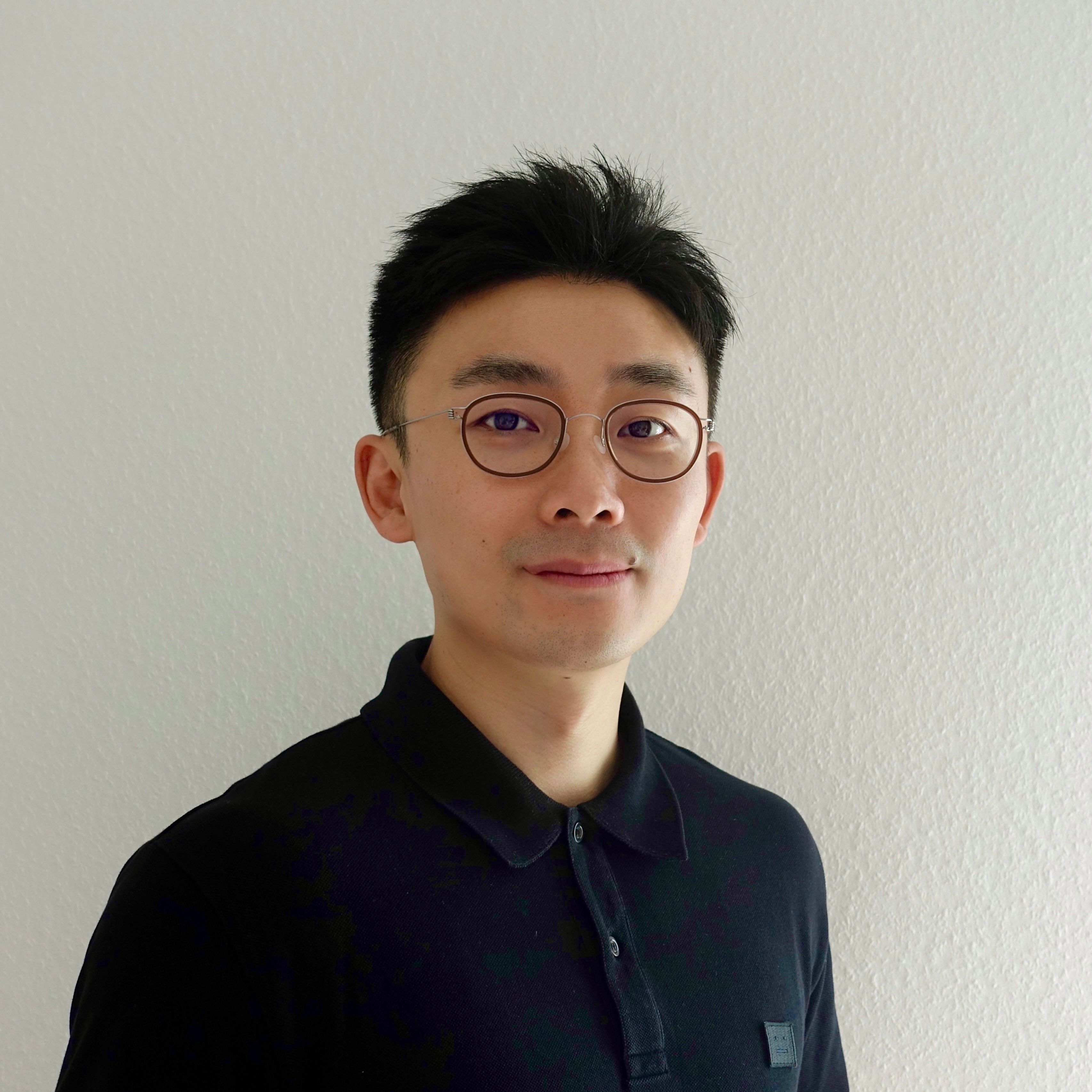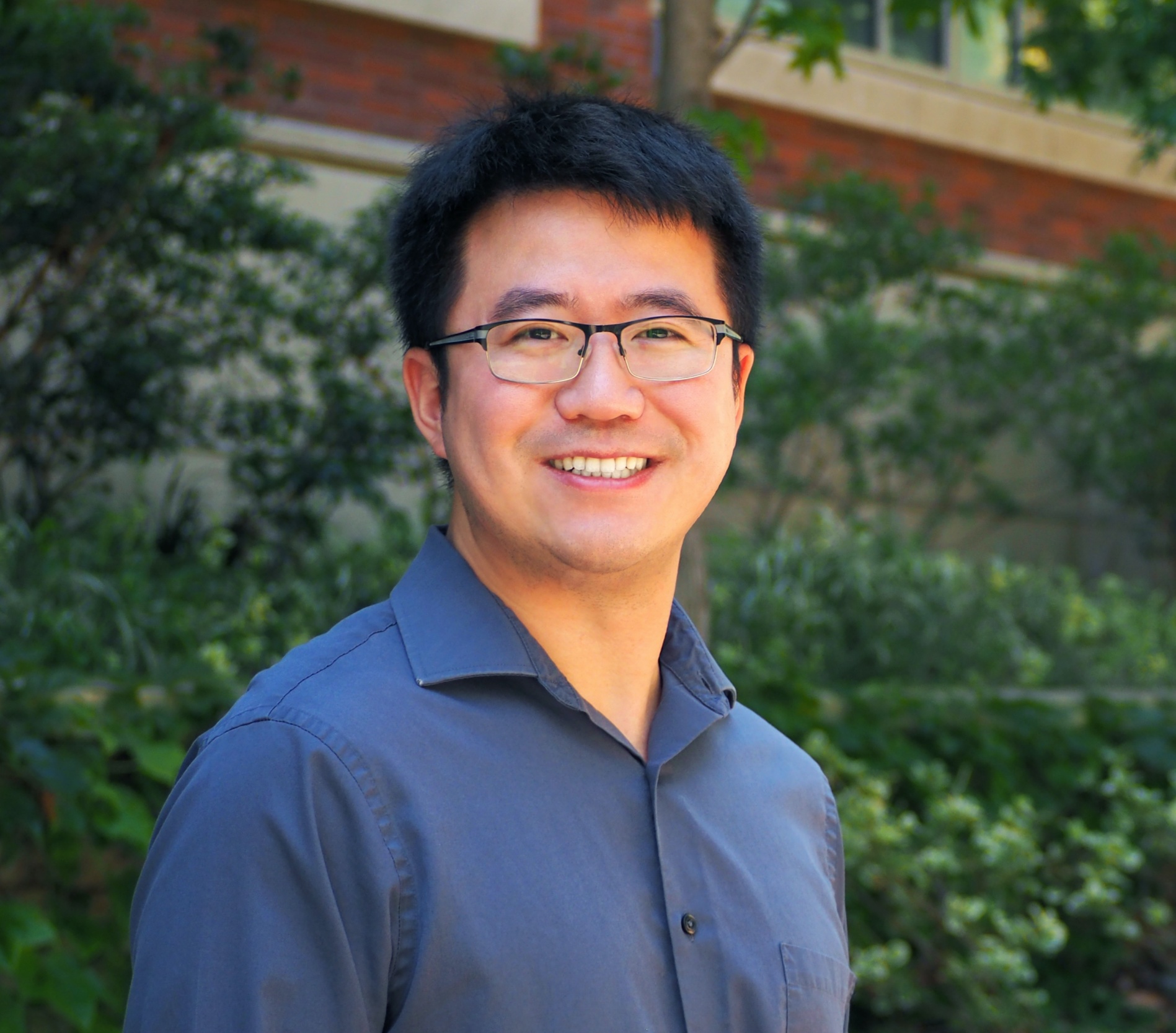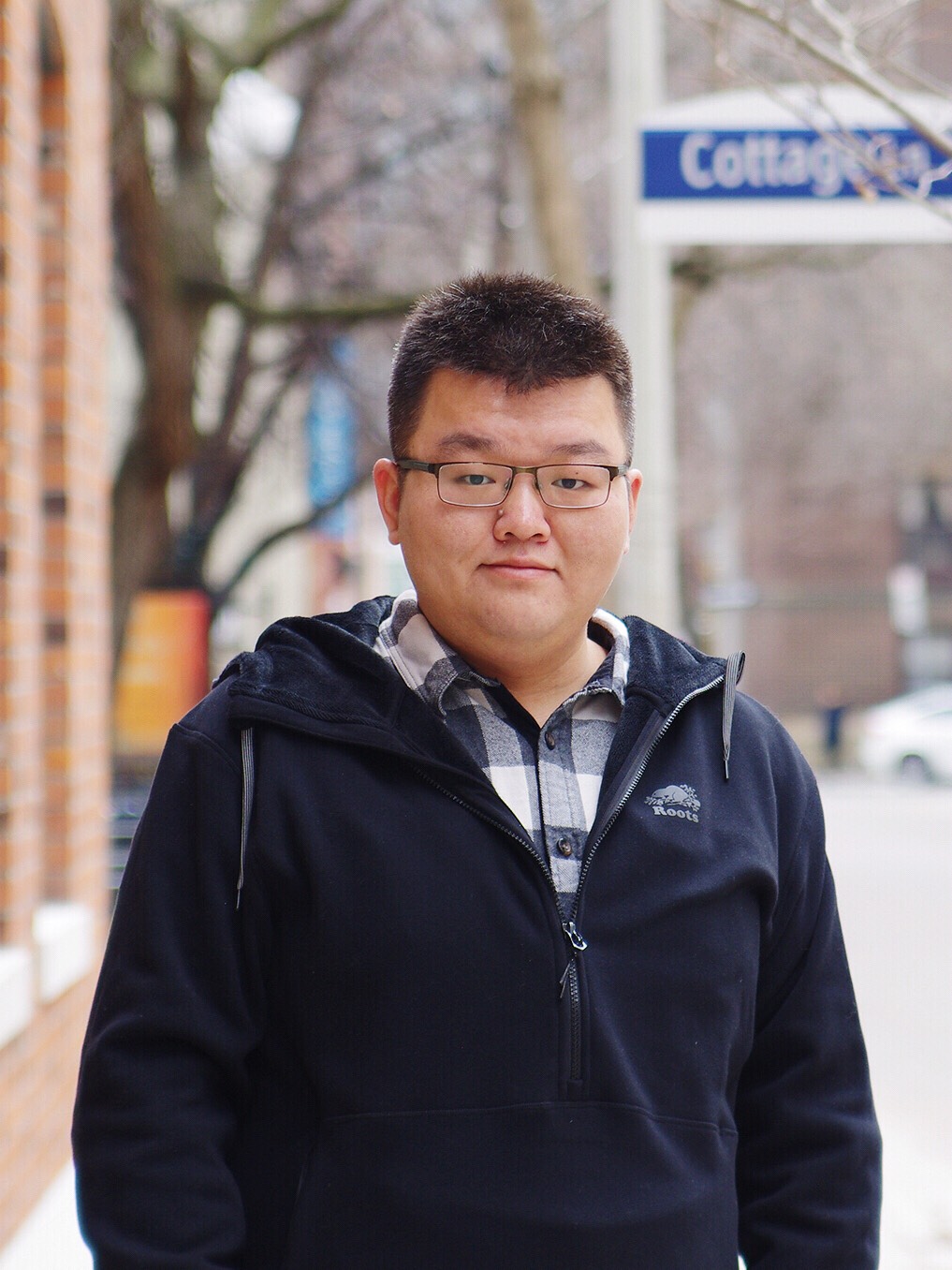1st Workshop on Vision Meets Physics:
Synergizing Physical Simulation and Computer Vision
CVPR 2025 Workshop
Introduction
As the intersection of computer vision and physics continues to evolve, two competing perspectives have emerged on how best to simulate and model the world. One belief holds that accurate simulations must be rooted in pure physics and 3D dynamics, while another asserts that data-driven approaches, such as training video foundation models, can fully capture and represent the world. This workshop aims to bring together researchers from both schools of thought to foster discussion and collaboration. We encourage researchers to explore both perspectives and seek common ground on how these methods can enhance one another.
The fusion of physical simulation and computer vision holds tremendous potential across a range of applications, from scientific research and generative AI to robotics, gaming, and extended realities (XR). By combining the strengths of both fields, we can push the boundaries of realistic content creation, advancing technologies that require high-fidelity simulations—whether for training models, designing immersive environments, or automating complex tasks.
Through presentations, discussions, and collaborative sessions, this workshop will explore a variety of cutting-edge topics. Our goal is to foster an interdisciplinary dialogue and drive the development of next-generation technologies that blend the strengths of both physics-based and data-driven approaches. We hope to contribute to the creation of more robust and versatile simulation-ready assets and systems that seamlessly bridge the gap between the virtual and physical worlds.
Schedule (Nashville Central Daylight Time)
| 08:45-09:00 | Welcome | |
| 09:00-09:45 | Wei-Chiu Ma (Cornell University) | Towards Physically-Grounded Digital Twins |
| 09:45-10:30 | Tsung-Yi Lin (NVIDIA Research) | NVIDIA Cosmos World Foundation Models |
| 10:30-11:15 | Student Lightning Talks |
• Tianyi Xie (UCLA) - Towards Physics-Informed Content Generation • Michelle Guo (Stanford) - PGC: Physics-Based Gaussian Cloth from a Single Pose • Navami Kairanda (MPI) - Unfolding Cloth: Neural Deformation Fields for Simulation and Monocular Tracking |
| 11:15-12:00 | Yin Yang (University of Utah) | A New Paradigm for Parallel Simulation |
| 12:00-13:00 | Lunch Break | |
| 13:00-13:45 | Katerina Fragkiadaki (Carnegie Mellon University) | From Explicit Physics Engines to Neural Simulators with Generative Models |
| 13:45-14:30 | Jiajun Wu (Stanford University) | Physical Grounding of Visual Generative Models |
| 14:30-14:45 | Coffee Break | |
| 14:45-15:30 | Student Lightning Talks |
• Yue Chang (UToronto) - Fast Physics through Eigenanalysis over the Shape Space • Hanxiao Jiang (Columbia) - PhysTwin: Physics-Informed Modelling from Videos • Yifei Li (MIT) - Differentiable Simulation for Vision-Driven Digital Avatars |
| 15:30-16:15 | Ming Lin (University of Maryland) | Physics-Informed Visual Learning |
| 16:20-17:20 | Panel Discussion |
• David Levin • Jiajun Wu • Ming Lin • Shenlong Wang • Yin Yang |
| 17:20-17:30 | Concluding Remarks |
Invited Speakers
Wei-Chiu Ma is an Assistant Professor of Computer Science at Cornell University. His research lies at the intersection of 3D/4D computer vision and robotics. He is interested in building AI systems that can understand, reconstruct, and re-simulate the dynamic world, and leverage these capabilities to enable more robust autonomous systems or advance entertainment applications. Previously, he was a Senior Research Scientist at Uber ATG R&D and Waabi working on self-driving vehicles.
Tsung-Yi Lin is a principal research scientist at NVIDIA Research. He was previously at Google Research, Brain Team. He works on computer vision and machine learning. He did his PhD at Cornell University and Cornell Tech, where he was advised by Serge Belongie. He did his masters at University California, San Diego and his bachelors at National Taiwan University. He received the Best Student Paper Award for Focal Loss at ICCV 2017. He led the creation of the COCO dataset which received the PAMI Mark Everingham Prize at ICCV 2023 and Koenderink Prize at ECCV 2024.
Yin Yang is an associate professor with Kahlert School of Computing, University of Utah. He co-directs Utah Graphics Lab with his colleague Cem Yuksel. He is also affiliated with Utah Robotic Center. Before joining the University of Utah (the birthplace of Computer Graphics), he was a faculty member at University of New Mexico and Clemson University. He received his Ph.D. from University of Texas at Dallas (with David Daniel fellowship). He is a recipient of the NSF CRII award (2015) and CAREER award (2019). His research aims to develop efficient and customized computing methods for challenging problems in Graphics, Simulation, Deep Learning, Vision, Robotics, and many other applied areas.
Katerina Fragkiadaki is the JPMorgan Chase Associate Professor in the Machine Learning Department at Carnegie Mellon University. She received her undergraduate degree in Electrical and Computer Engineering from the National Technical University of Athens, and her Ph.D. from the University of Pennsylvania. She subsequently held postdoctoral positions at UC Berkeley and Google Research. Her research focuses on enabling few-shot and continual learning for perception, action, and language grounding. Her work has been recognizedby the Best Ph.D. Thesis Award, NSF CAREER Award, AFOSR and DARPA Young Investigator Awards, as well as faculty research awards from Google, Toyota Research Institute, Amazon, NVIDIA, UPMC, and Sony. She served as a Program Chair for ICLR 2024.
Jiajun Wu is an Assistant Professor of Computer Science and, by courtesy, of Psychology at Stanford University, working on computer vision, machine learning, and computational cognitive science. Before joining Stanford, he was a Visiting Faculty Researcher at Google Research. He received his PhD in Electrical Engineering and Computer Science from the Massachusetts Institute of Technology. Wu's research has been recognized through the Young Investigator Programs (YIP) by ONR and by AFOSR, the NSF CAREER award, the Okawa research grant, paper awards and finalists at ICCV, CVPR, SIGGRAPH Asia, CoRL, and IROS, dissertation awards from ACM, AAAI, and MIT, the 2020 Samsung AI Researcher of the Year, and faculty research awards from J.P. Morgan, Samsung, Amazon, and Meta.
Ming C. Lin is a Distinguished University Professor at University of Maryland at College Park. She is also an Amazon Scholar, working on Virtual Try-On. Her research interests include Machine Learning, Differentiable Physics & Differentiable Programming, Physically-based Modeling, Simulation and Animation. She has received several honors and awards, including IEEE VGTC VR Technical Achievement Award, Washington Academy of Sciences Distinguished Career Award and several best paper awards. She is a Fellow of National Academy of Inventors, ACM, IEEE, Eurographics, ACM SIGGRAPH Academy, and IEEE VR Academy. She is an elected Board of Director (BOD) of Computing Research Association (CRA), as well as a member of the CRA-WP Board of Directors and EC of AsiaGraphics (AG).

